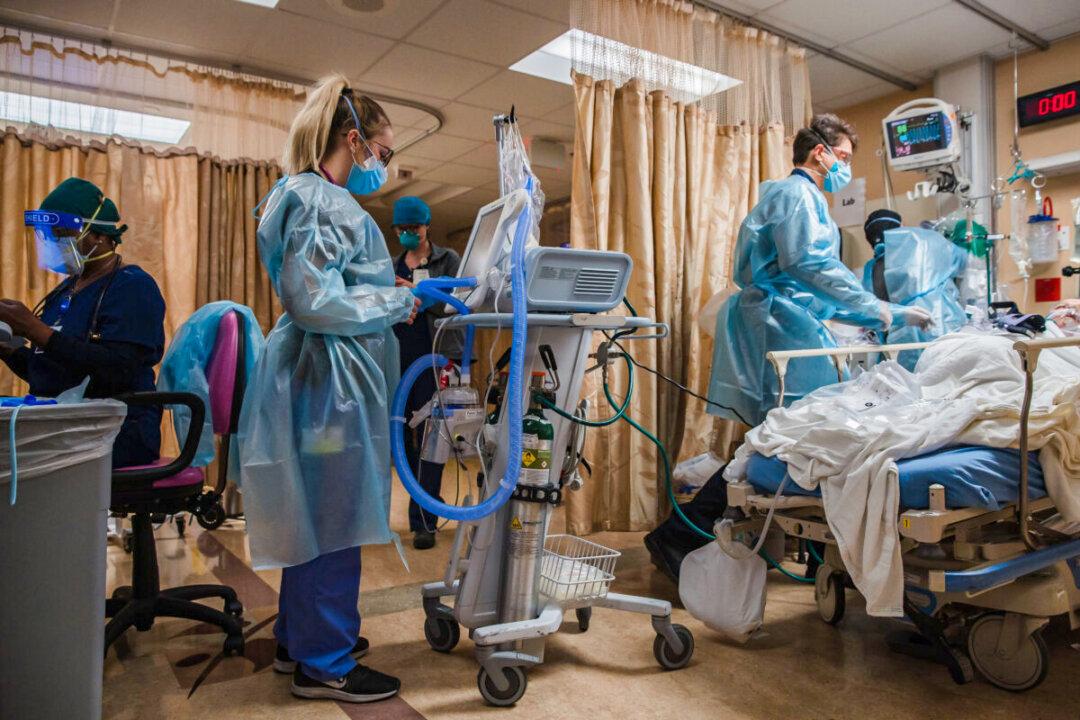The U.S. Centers for Disease Control and Prevention (CDC) issued a change to its guidance late last week and will no longer require nursing homes and hospitals to require masking in some areas.
In a revision on Sept. 23, the CDC said that nursing home facilities and hospitals in a number of areas without “high” community transmission can choose not to require” all doctors, patients, and visitors to wear masks. It’s one of many changes to the CDC’s COVID-19 guidance since August when the agency’s leadership announced an overhaul of how it responds to pandemics.





